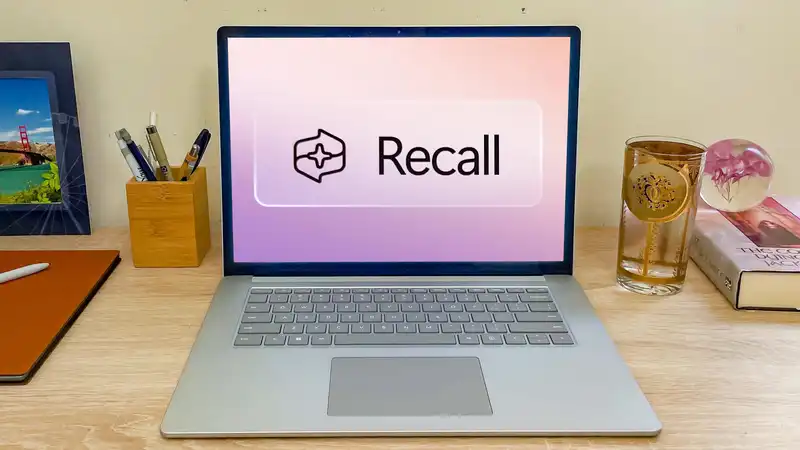Microsoft is highlighting the security and privacy features built into Windows Recall ahead of its October relaunch
In June, we first experienced the software giant's new Copilot+ PCs, powered by Snapdragon X Elite and Snapdragon X Plus, these AI laptops offer strong performance with greatly improved battery life, relatively affordable prices despite their high-end features
While the Copilot+ PC has received critical acclaim, one of its most unique features, Windows Recall, has been controversial since it was first announced in Microsoft Build 2024
For those unfamiliar with Windows Recall, it is intended to make it easier and faster to find what you have done on your PC by allowing you to search for anything that has graced your laptop's screen This is done by taking screenshots or “snapshots” of the screen at regular intervals, which are stored locally on the computer, then analyzed and indexed so that what they show can be easily searched
As you can imagine, this feature was controversial when it was first announced and was recalled by Microsoft after a temporary preview version was released over the summer But now Windows Recall is scheduled to return next month, and to reassure Copilot+ PC users, Microsoft has detailed its security and privacy protections
First, Windows Recall on the Copilot+ PC is an opt-in feature and is not enabled by default Instead, it must be manually enabled when setting up a new Copilot+ PC for the first time
However, if not enabled, Windows Recall will be turned off and no snapshot will be taken or saved Similarly, there is an option to remove Windows Recall altogether using the Windows 11 Optional Features setting
If Windows Recall is enabled, you have complete control over the snapshot You can delete them after they are taken, but you also have the option to pause Windows Recall or turn it off at any time
It is also worth noting that Windows Recall is limited to Copilot+ PCs This includes the Microsoft Pluton security processor, Windows Hello Enhanced Sign-in Security, and the TPM (Trusted Platform Module 20) chip
Because laptop on-screen screenshots may contain sensitive information, Windows Recall has sensitive content filtering turned on by default This helps prevent passwords, national ID numbers, credit card numbers, and other sensitive data from being stored in Recall
If you come across something you do not intend to save, you can delete a time range, all content from a particular app or website, or anything else found in a Recall search You also have the ability to control how long Recall content is stored on the Copilot+ PC and how much disk space is allocated for snapshots
As for hackers and malware, all Recall storage resides in the VBS enclave, which helps protect data and keys as well as avoid tampering on the laptop by hackers
Searching Recall's contents also requires the use of biometric credentials During the search, data can be briefly decrypted by Microsoft's VBS Enclaves and Windows Hello Enhanced Sign-in Security However, the Recall search will time out and future searches will require re-authentication This is to prevent malware lurking on the PC from attempting to steal data during authentication
Now that Microsoft has explained how to keep snapshots and other Recall data secure and private, the software giant's next battle lies ahead
When it was first released, the pros and cons of this feature were so strong that Microsoft's efforts to market it were slow to bear fruit In the coming months, and as we head into the holiday season, Microsoft will try to show us all how Windows Recall will actually work for both consumers and employees [and when this feature rolls out to Copilot+ PCs, we'll do a thorough test to see if it really does provide useful information and help us “remember” what we've done with our PCs










Comments